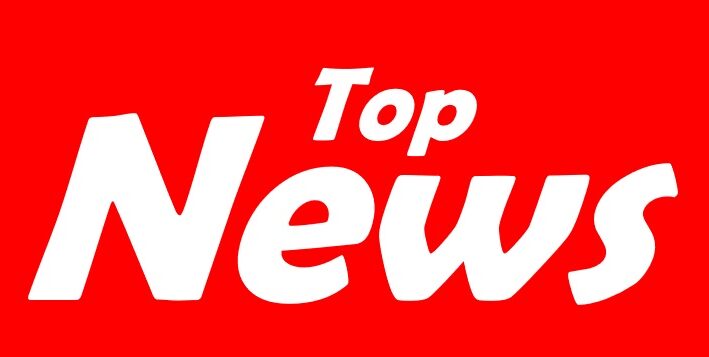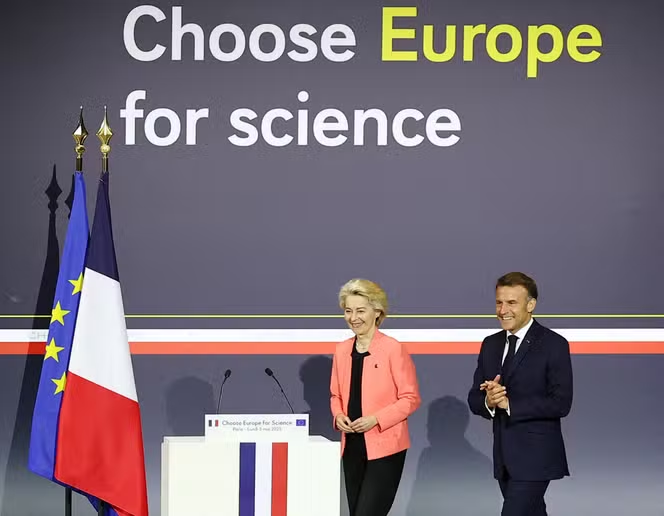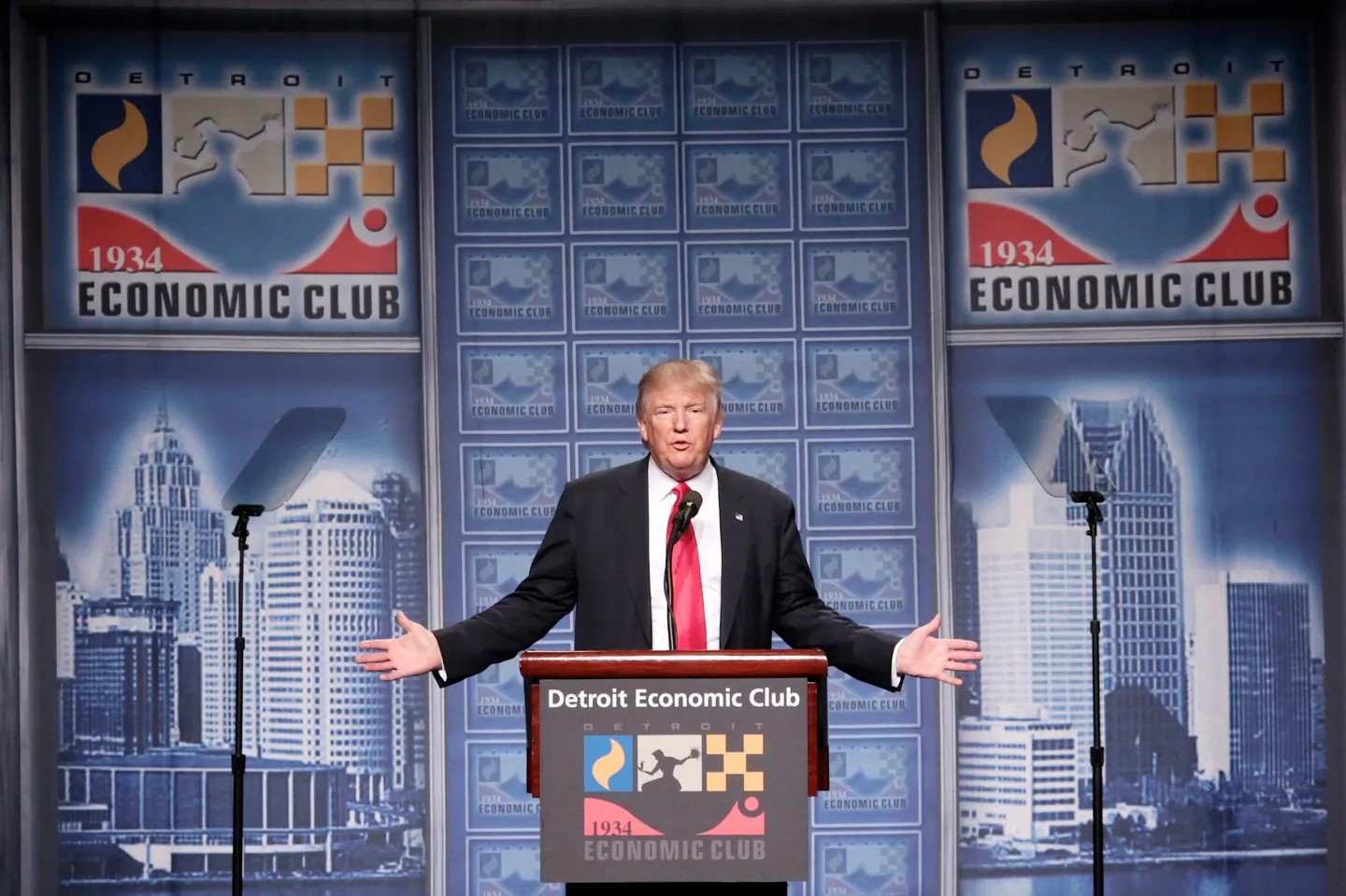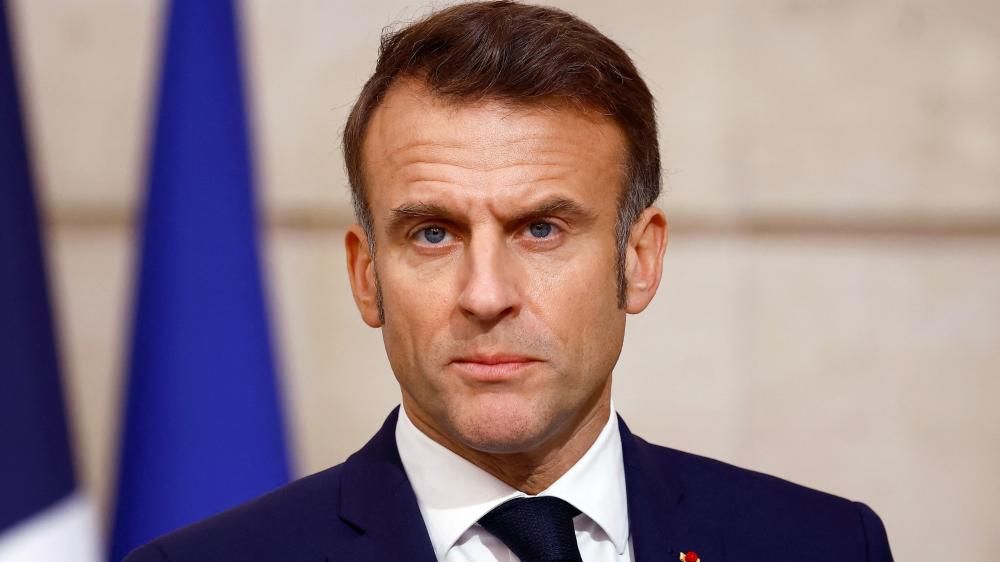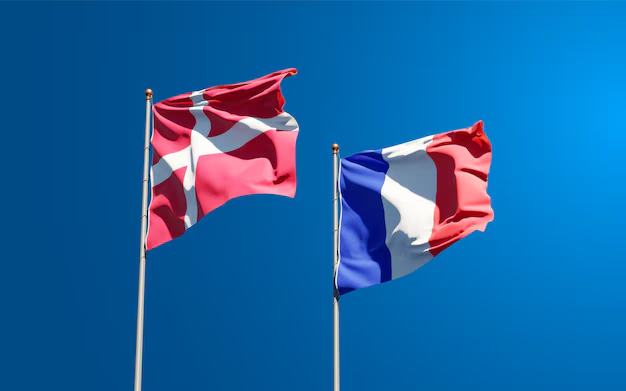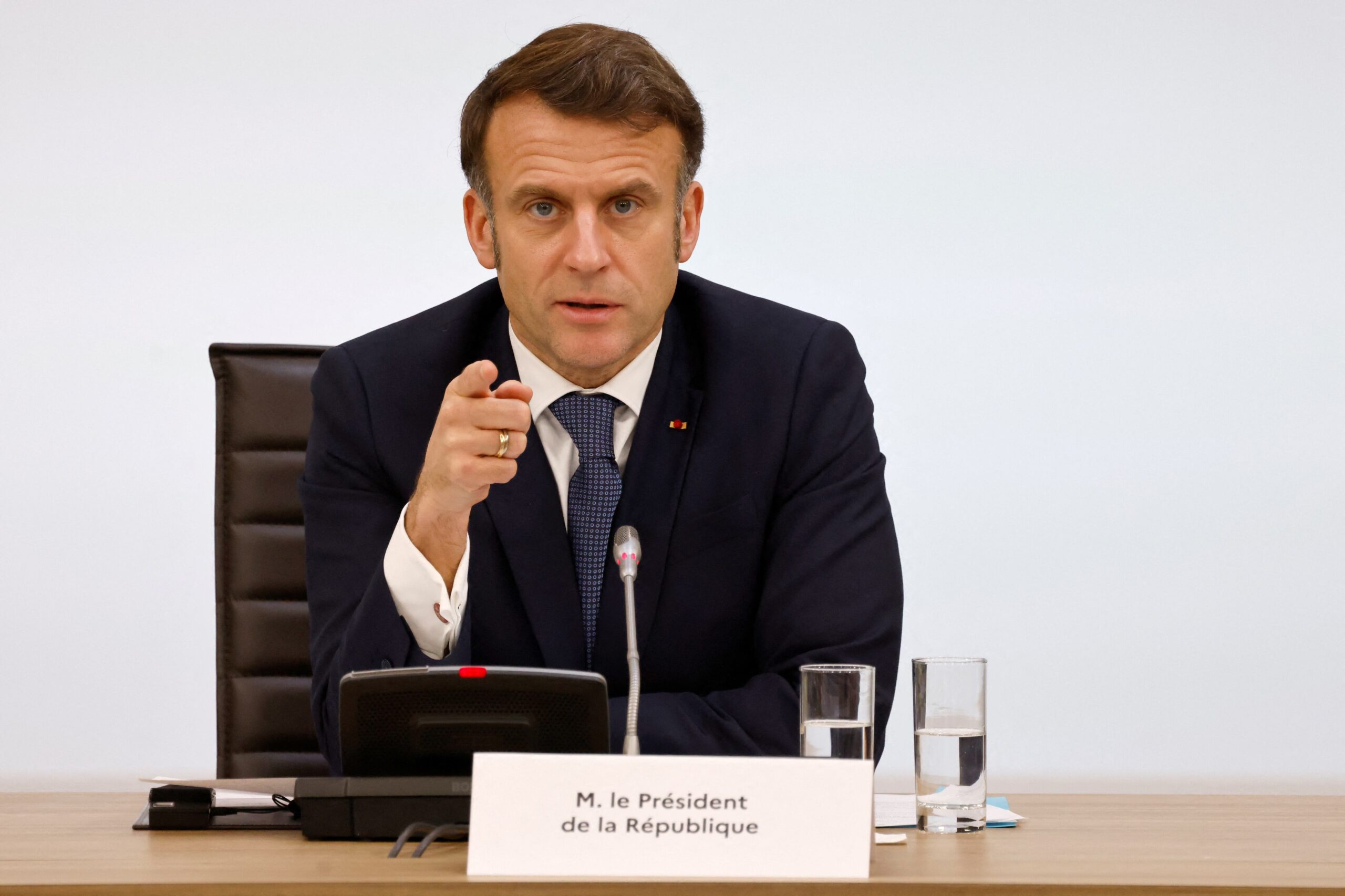Europe Seeks to Become a Safe Haven for Scientists
The European Union has announced the launch of a €500 million initiative for the period 2025–2027, aimed at attracting leading scientists from across the globe. The program is particularly directed toward researchers who have been adversely affected by recent reductions in science funding in the United States during the administration of former President Donald Trump.
This ambitious undertaking was officially unveiled in Paris by the President of the European Commission, Ursula von der Leyen, with the strong backing of French President Emmanuel Macron. The initiative envisions the provision of substantial long-term grants and institutional support, with the overarching objective of establishing the European Union as a global hub for scientific excellence.
By creating a stable and supportive research environment, the EU seeks to position itself as a “safe haven” for scientific talent, fostering innovation and reinforcing its commitment to research, technological advancement, and evidence-based policy development on the international stage.
